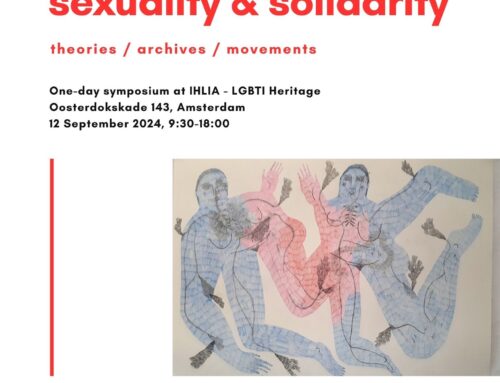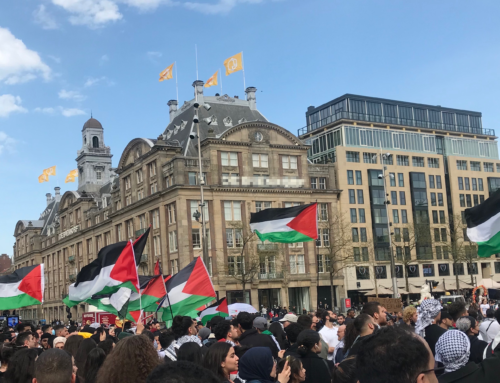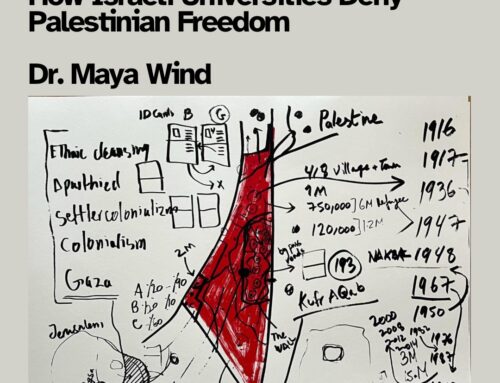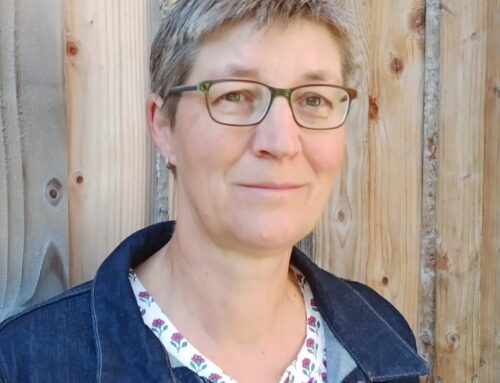 Lies Wesseling has been appointed Extraordinary Professor of the Opzij Chair ‘Cultural Memory, Gender and Diversity’ at the Faculty of Arts and Social Sciences at Maastricht University.
Lies Wesseling has been appointed Extraordinary Professor of the Opzij Chair ‘Cultural Memory, Gender and Diversity’ at the Faculty of Arts and Social Sciences at Maastricht University.
The Governing Body of the Opzij foundation awarded a rotating professorship to the University of Maastricht in 1997. The Centre of Gender and Diversity – directed by Lies Wesseling – is hosting this Opzij-chair. Up till now four professors have been appointed as Opzij-professor: Maaike Meijer, Liesbet van Zoonen, Marli Huijer and Ineke Boerefijn.
Wessling’s research is on the cultural framing of intercountry adoption between 1950 and 2010, and on the cultural remembrance of forced child migration in the British Commonwealth and the Dutch colonial empire. She persistently focuses on the arts, most notably on (children’s) literature, life writing, and film, as memorial practices and as repertoires for identity construction. On a meta-level, she is interested in the cross-border mobility of stories about children who were forced to cross borders.
The title of the inaugural lecture is The Weaving of Family: Narrative Practices and Cultural Remembrance in Transnational Adoption.
The inaugural will take place on Friday September 12, 2014 (16.30 hrs) at Maastricht University (Aula Minderbroedersberg, Minderbroedersberg 4-6).
Everybody is welcome!
On the occasion of the inauguration of dr. Lies Wesseling an international symposium will take place: The Personal is Geopolitical: Story-telling and Familial Belonging in a Globalizing World.
Location: Maastricht University, September 12, 2014: 9.30-15.30 hrs.
Participation is free but you need to register beforehand by sending an email to Racheel Wennek: r.wennek@maastrichtuniversity.nl
The symposium will revitalize the classical feminist adage that ‘the personal is political’. Nowadays, this slogan seems even more to the point than ever before, in that the personal has become geopolitical. Phenomena such as global surrogacy and transnational families shaped through adoption and migration exemplify the fact that geopolitical inequalities impact directly on the intimate space of the family, reorganizing family relationships in both developed and developing countries. This interdisciplinary symposium combines historical, anthropological, sociological and literary perspectives, so as to analyze the complex interplay between age, class, gender, race and nationality in the global reorganization of the family.
More information on both events can be found here.






